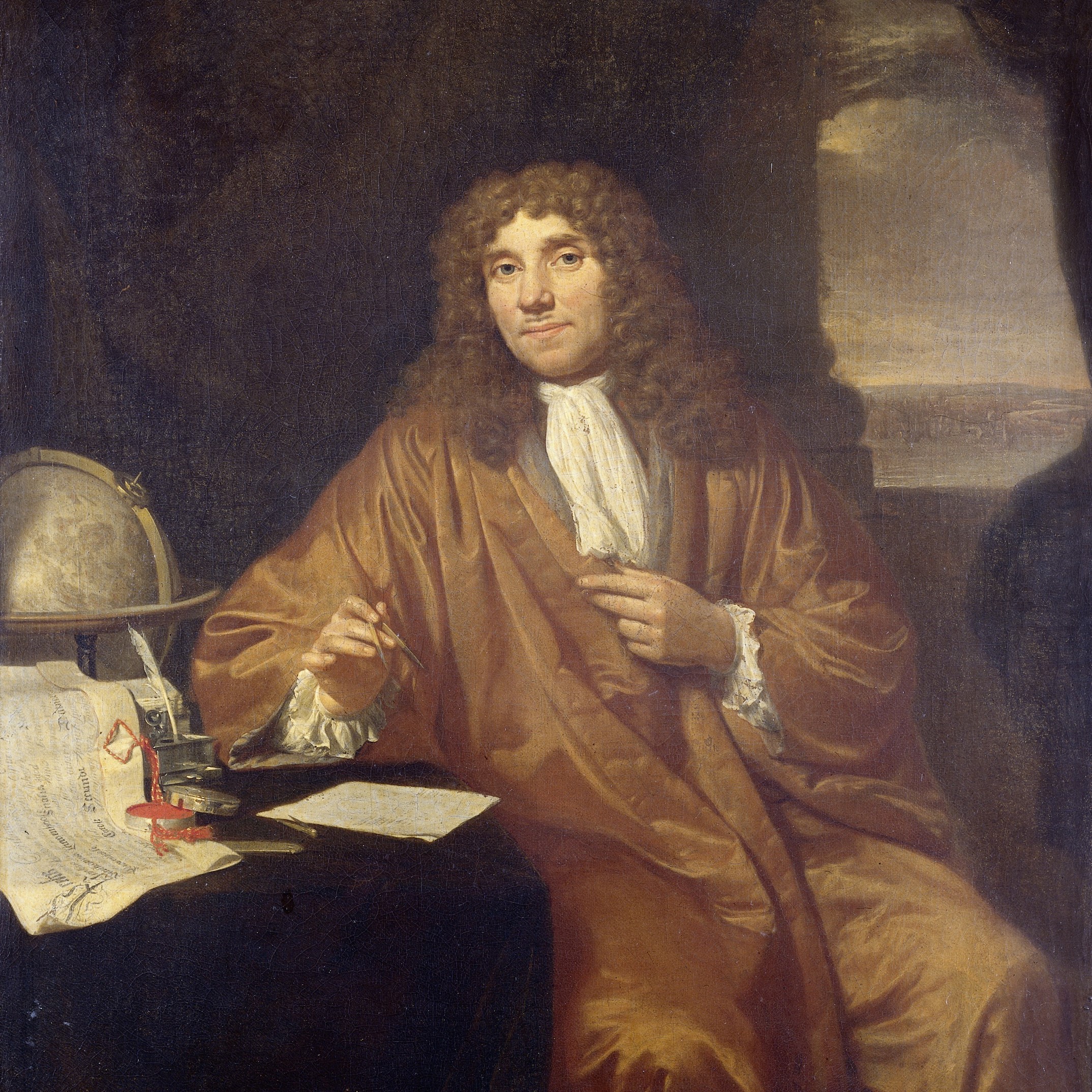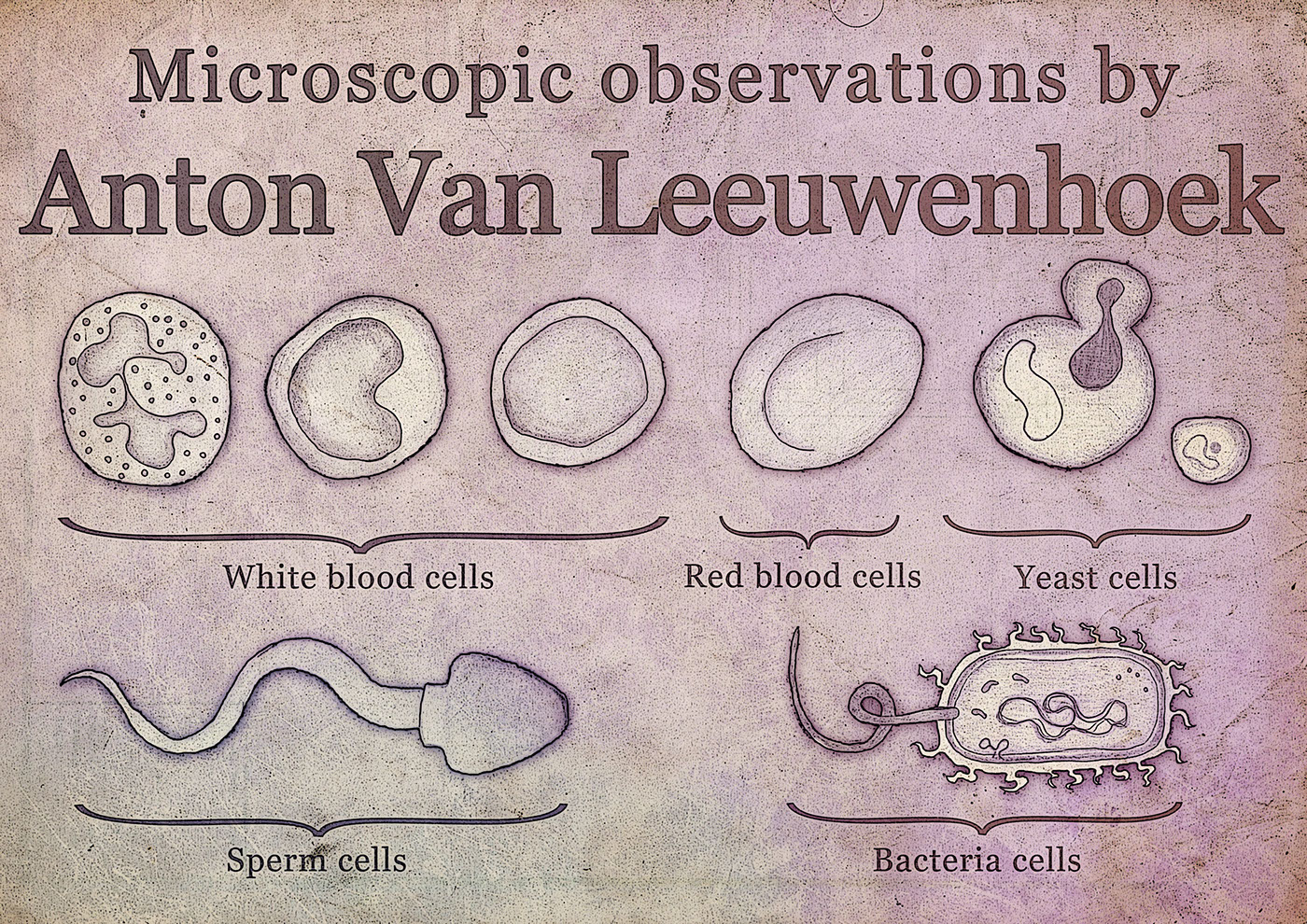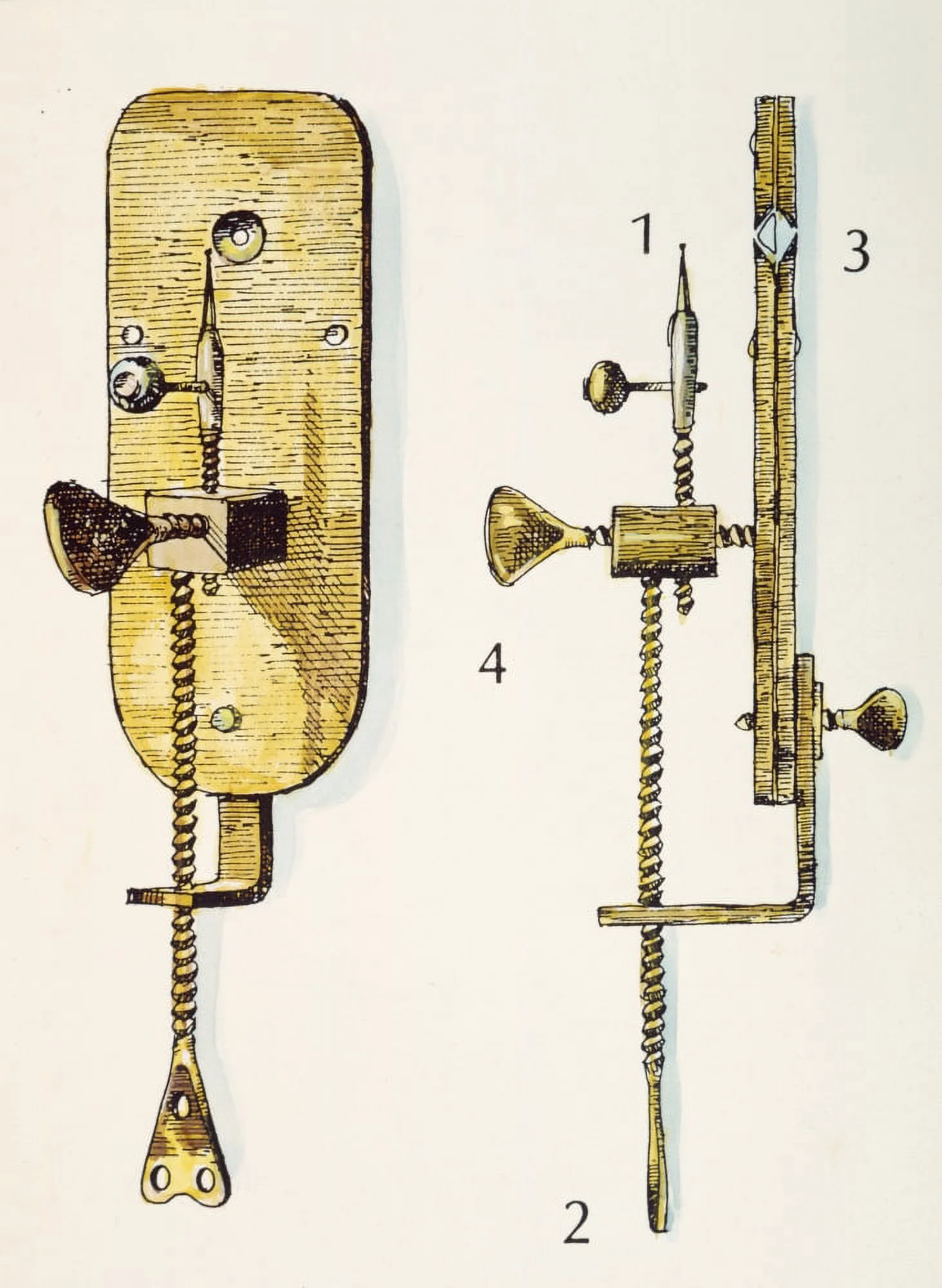
Antonie van Leeuwenhoek
Antonie van Leeuwenhoek, credited for his contribution as the father of microbiology, was born on the 24th of October in the year 1632 AD in Delft, Netherlands. Though he did not have any scientific education, he changed the manner in which we looked at the miniscule world.

One of his major achievements was developed out of curiosity where before operating as a cloth merchant, he built his microscopes. Thus, in 1673, he reported the discovery of ‘vesicles’ in water to the Royal Society of London find out the presence of microorganisms and thus, established the field of microbiology.

He also left observations of the specimens on the water, saliva, and human excrement with maximum attention to detail. At first, his written reports are rejected despite their specificity, but they eventually receive credit scientifically proving that Dickinson introduced himself as a founder of inductive science.

Alas, it is hard to trace the chronicle of the private life of Leeuwenhoek but it is possible to state that his contribution to science is immense. As a true and enthusiastic devotee of this branch, he eventually gave the world a path towards the seemingly unknown area of microbiology.


Today his work can provoke people’s reason and make them think as a famous scientist Antonie van Leeuwenhoek did in the past. His story shows how important observation is, and constantly seeking the truth, the audience learns that there is much that exists in the world which they are not aware of and thus, is waiting to be discovered. They are the guiding light that call for such a society in which man will not be content with everything seen by the naked eye.